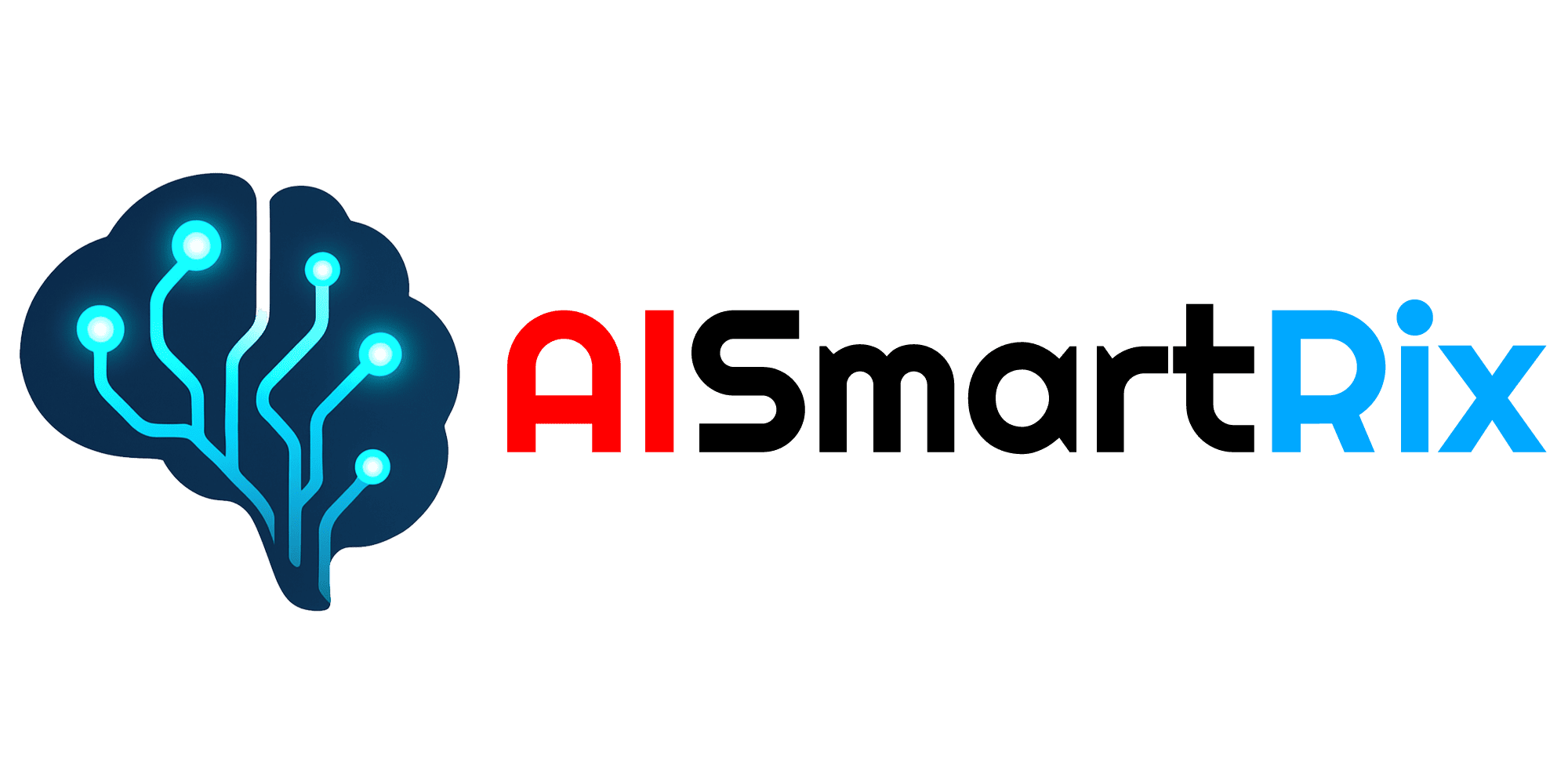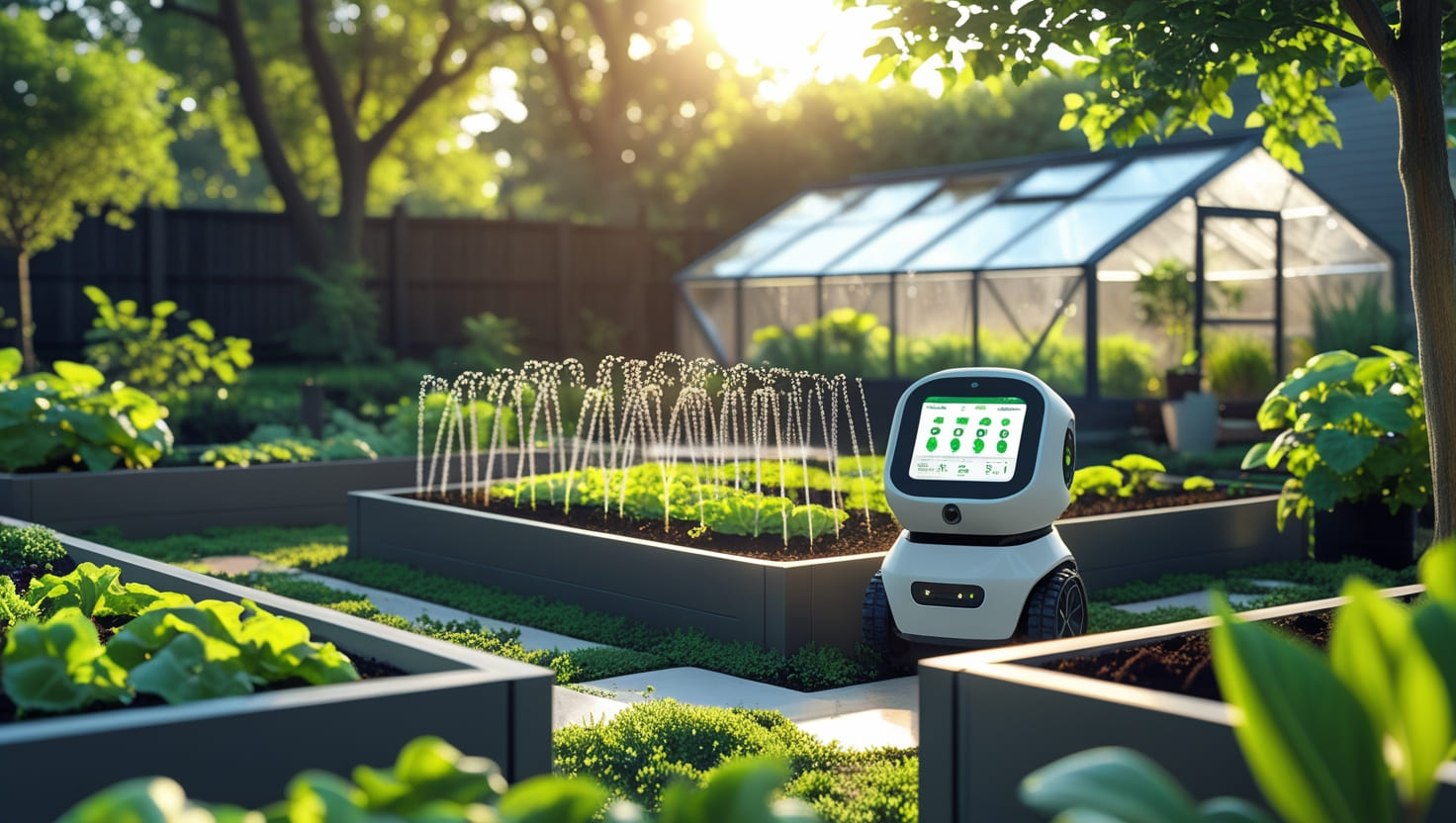In 2025, the garden is no longer just a patch of soil and plants. It has become an ecosystem of smart devices powered by artificial intelligence (AI), designed to make home gardening easier, more efficient, and more sustainable. Whether you’re a beginner or an experienced gardener, AI-powered smart gardening tools are transforming how we care for our plants — from watering schedules and sunlight monitoring to soil health and pest control.
This article explores the latest innovations in AI gardening, the best tools available today, how they work, and why they’re becoming a staple in smart homes.
Why AI Matters in Home Gardening
Gardening requires constant observation, adjustments, and knowledge of plant care. AI steps in by providing:
- Real-time environmental monitoring
- Predictive analysis for plant growth
- Automation of repetitive tasks
- Personalized care recommendations
- Remote control and alerts via mobile apps
In short, AI empowers gardeners to grow healthier plants with less effort, while promoting eco-friendly habits.
Key Benefits of AI Gardening Tools
- ✅ Automated irrigation and water conservation
- ✅ Real-time insights on plant health
- ✅ Fewer pests and diseases with early detection
- ✅ Energy and time savings
- ✅ Data-driven gardening decisions
- ✅ Sustainable practices and reduced waste
Let’s take a closer look at the most popular categories of AI tools available for home gardening in 2025.
1. Smart Irrigation Systems
Traditional watering methods often lead to overwatering or underwatering. AI-powered irrigation systems solve this by:
- Monitoring soil moisture levels in real time
- Tracking weather forecasts to skip unnecessary watering
- Customizing watering schedules based on plant type and season
- Saving up to 50% water usage annually
Some tools even connect to your smartphone, sending notifications or adjusting watering cycles remotely.
2. AI Soil Monitors and Analyzers
Healthy soil = healthy plants. AI-enabled soil sensors provide:
- pH level readings
- Nutrient balance analysis (nitrogen, potassium, phosphorus)
- Moisture and temperature tracking
- Alerts when fertilization or soil amendments are needed
This data is then analyzed by AI algorithms to recommend specific actions to improve soil quality for your plant types.
3. Plant Recognition and Care Apps
Using your phone camera, AI gardening apps now offer:
- Instant plant identification
- Diagnosis of plant diseases and deficiencies
- Custom care guides tailored to your plant’s lifecycle
- Reminder notifications for watering, pruning, and feeding
These apps learn from your habits and plants over time, making them smarter with continued use.
4. AI-Powered Gardening Robots
Autonomous garden robots are becoming more accessible for home users. These devices can:
- Navigate your garden to trim grass and weeds
- Remove pests manually or with non-toxic treatments
- Distribute water or compost in specific zones
- Detect dying plants or harmful insects using computer vision
Some models even use machine learning to map your garden layout and adapt over time.
5. Smart Climate Control for Indoor Gardens
For indoor or greenhouse gardens, AI tools can:
- Monitor humidity, light intensity, and temperature
- Control LED grow lights and ventilation systems
- Automatically adjust based on plant species’ needs
- Integrate with hydroponic or aquaponic systems
These systems create a perfect microclimate, helping you grow vegetables, herbs, or exotic plants all year round.
6. Voice-Controlled Gardening Assistants
Voice-enabled gardening assistants (integrated with Alexa, Google Assistant, etc.) allow you to:
- Ask questions about plant care
- Control irrigation or lighting with voice commands
- Receive spoken reminders for garden tasks
- Hear weather updates or planting suggestions
They make gardening feel futuristic and hands-free — especially helpful for seniors or people with disabilities.
7. AI Garden Design and Planning Tools
Planning a garden? AI design apps help you:
- Visualize your garden layout in 3D
- Suggest plant combinations based on compatibility
- Calculate sun exposure and soil requirements
- Estimate growth patterns and spacing
These tools are ideal for maximizing your garden’s beauty and productivity.
Use Cases: How Homeowners Are Using AI Tools
- 🌿 Busy professionals use smart watering systems to care for gardens while traveling.
- 🧓 Elderly gardeners rely on voice assistants for easier interaction.
- 👨👩👧 Families use plant recognition apps to teach kids about nature.
- 🌱 Urban gardeners use AI to grow vegetables indoors with precision.
- 🧪 Eco-conscious users reduce waste by optimizing resources.
Environmental Impact: AI for Eco-Friendly Gardening
One of the greatest advantages of AI gardening tools is their contribution to sustainability:
- Conserving water with smart irrigation
- Reducing chemical use with AI pest detection
- Lowering energy consumption in indoor growing
- Encouraging organic gardening through personalized care
- Promoting biodiversity via plant pairing recommendations
With these benefits, AI gardening fits naturally into the green smart home ecosystem.
Potential Challenges
- Cost: Some tools may be pricey, though costs are dropping.
- Tech dependency: Beginners may overly rely on automation.
- Data privacy: As with all smart devices, secure connections are essential.
- Learning curve: Integrating multiple tools requires setup and patience.
Still, the long-term value — in time saved, harvest improved, and water conserved — is hard to ignore.
What’s Next for AI in Gardening?
The future is blooming with innovation:
- 🌾 AI-powered drones for home garden surveillance
- 🌧️ Predictive rain-harvesting and reuse systems
- 🍅 Harvest timing predictions based on weather and soil AI models
- 🐝 Pollinator tracking for ecological balance
- 📱 Augmented Reality garden assistants
Soon, even small balcony gardens will benefit from the power of AI.
Final Thoughts
Gardening used to be a labor of love. With AI, it’s becoming a smart, efficient, and sustainable lifestyle. Whether you’re growing herbs in your kitchen or managing a full backyard ecosystem, AI-powered tools help you make better decisions, automate tasks, and enjoy healthier, more vibrant plants — all while helping the planet.
Would you consider adding an AI tool to your garden? Which one would you try first? Share your thoughts in the comments!





